- Empty cart.
- Continue Shopping
Njaval White (White Jamun)
Original price was: ₹750.00.₹398.00Current price is: ₹398.00.
Genus : Syzygium cumini
“Experience the joy of growing your own Njaval White (Jamun) fruit plant. Enjoy the delectable and nutritious fruits that this plant produces.”
“Njaval” (also known as “White Jamun” or “Indian Blackberry”) is a tropical fruit tree scientifically known as Syzygium cumini. It is native to South Asia, including India, Sri Lanka, Bangladesh, and Myanmar. Here’s a description of the plant:
Plant Characteristics:
- Size: Njaval trees are medium-sized evergreen trees that typically grow up to 15-25 meters in height, with a dense and spreading canopy.
- Leaves: The leaves are simple, opposite, and elliptical, with a glossy dark green color and a prominent midrib.
- Flowers: Njaval trees produce small, fragrant, cream-colored flowers that are usually arranged in clusters in the leaf axils.
- Fruits: Njaval fruits are small, round or oblong berries with a smooth and shiny skin. The skin color varies from green to yellowish-white, and the flesh inside is juicy and sweet-tart in taste. The fruit contains a single seed, which is usually discarded before consumption.
Cultivation:
- Climate: Njaval trees thrive in tropical and subtropical climates with hot temperatures and high humidity. They are relatively hardy and can tolerate a wide range of climatic conditions.
- Soil: Njaval trees prefer well-drained, fertile soils that are rich in organic matter.
- Sunlight: Njaval trees require full sunlight for optimal growth and fruit production.
- Water: Njaval trees require regular watering, especially during the flowering and fruiting stages. However, they can tolerate some drought once established.
- Propagation: Njaval trees are typically propagated through seeds, although vegetative propagation methods such as cuttings and grafting can also be used.
Uses:
- Edible Fruit: Njaval fruits are consumed fresh and are also used in various culinary applications, such as making jams, jellies, and beverages.
- Medicinal Uses: Njaval fruits, seeds, leaves, and bark have been used in traditional medicine for their potential health benefits, including anti-diabetic, anti-inflammatory, and antioxidant properties.
- Other Uses: Njaval wood is used for timber, and the leaves are used as fodder for livestock.
In conclusion, Njaval (White Jamun) is a tropical fruit tree that produces small, sweet-tart fruits with a smooth and shiny skin. It is typically grown for its edible fruits and has potential medicinal uses. Njaval trees require a tropical or subtropical climate, well-drained fertile soils, and full sunlight for optimal growth. They are propagated through seeds or vegetative methods.





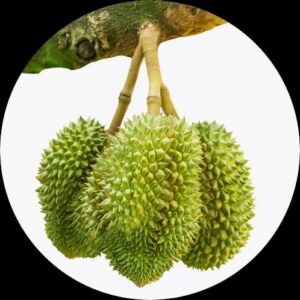
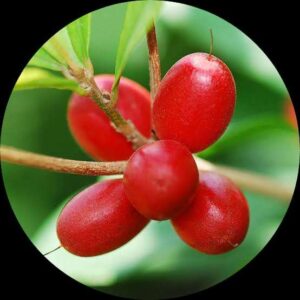
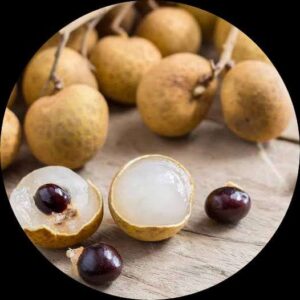
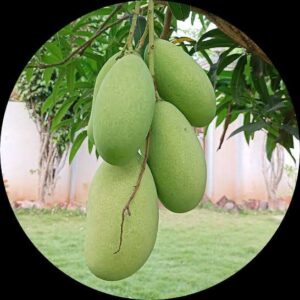
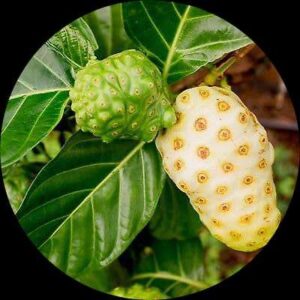
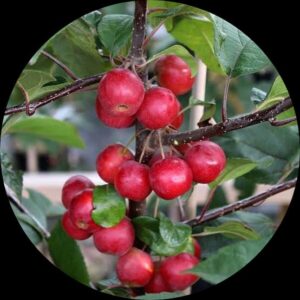
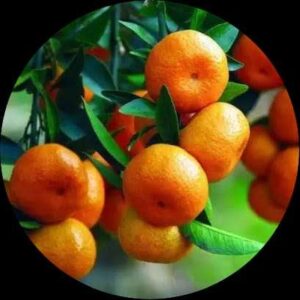
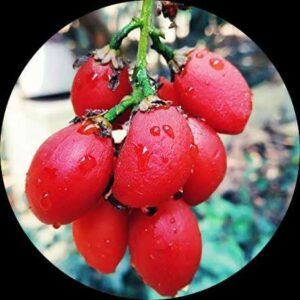
Reviews
There are no reviews yet.